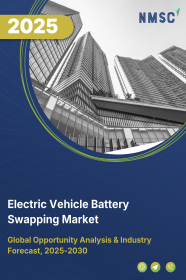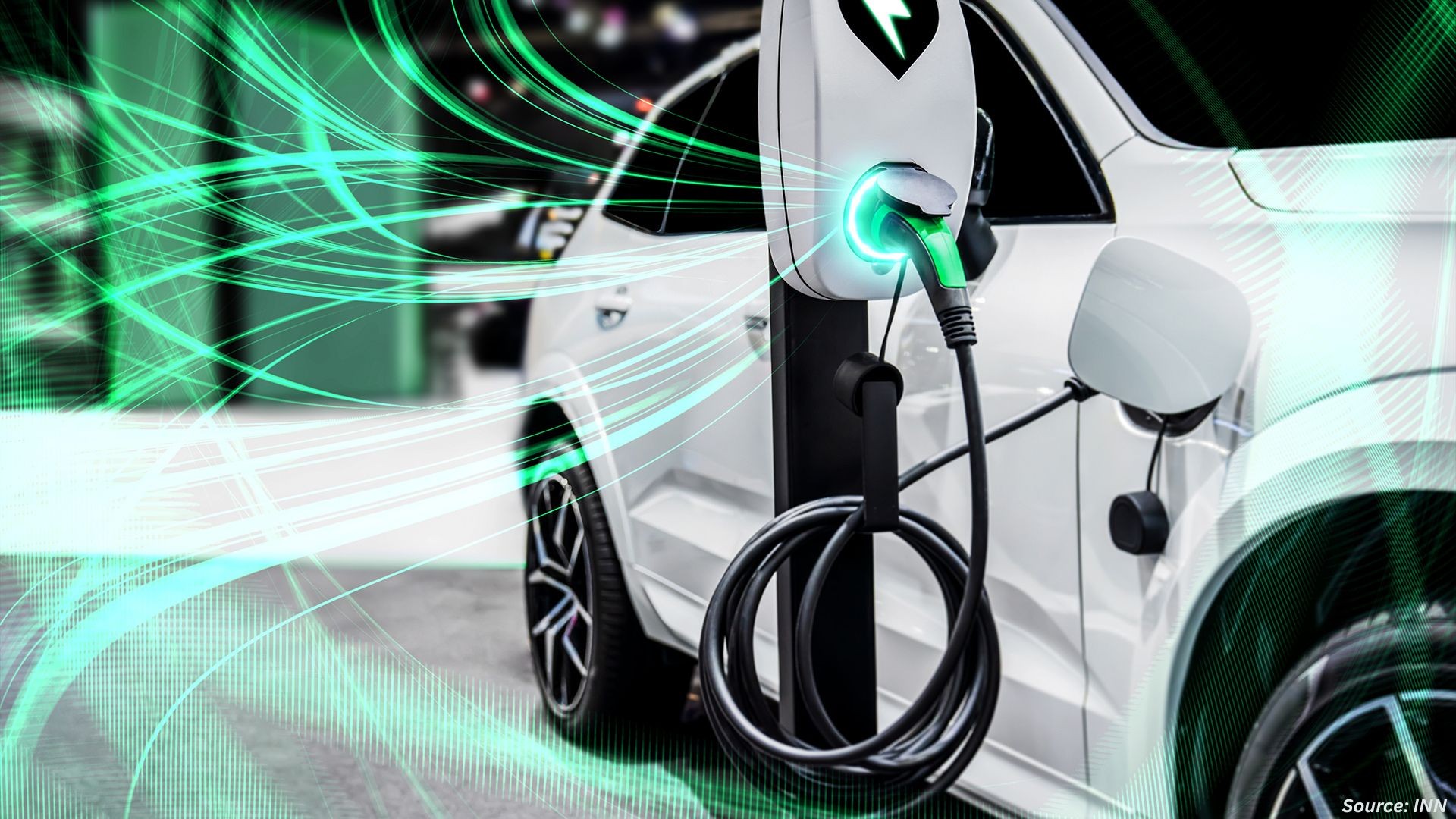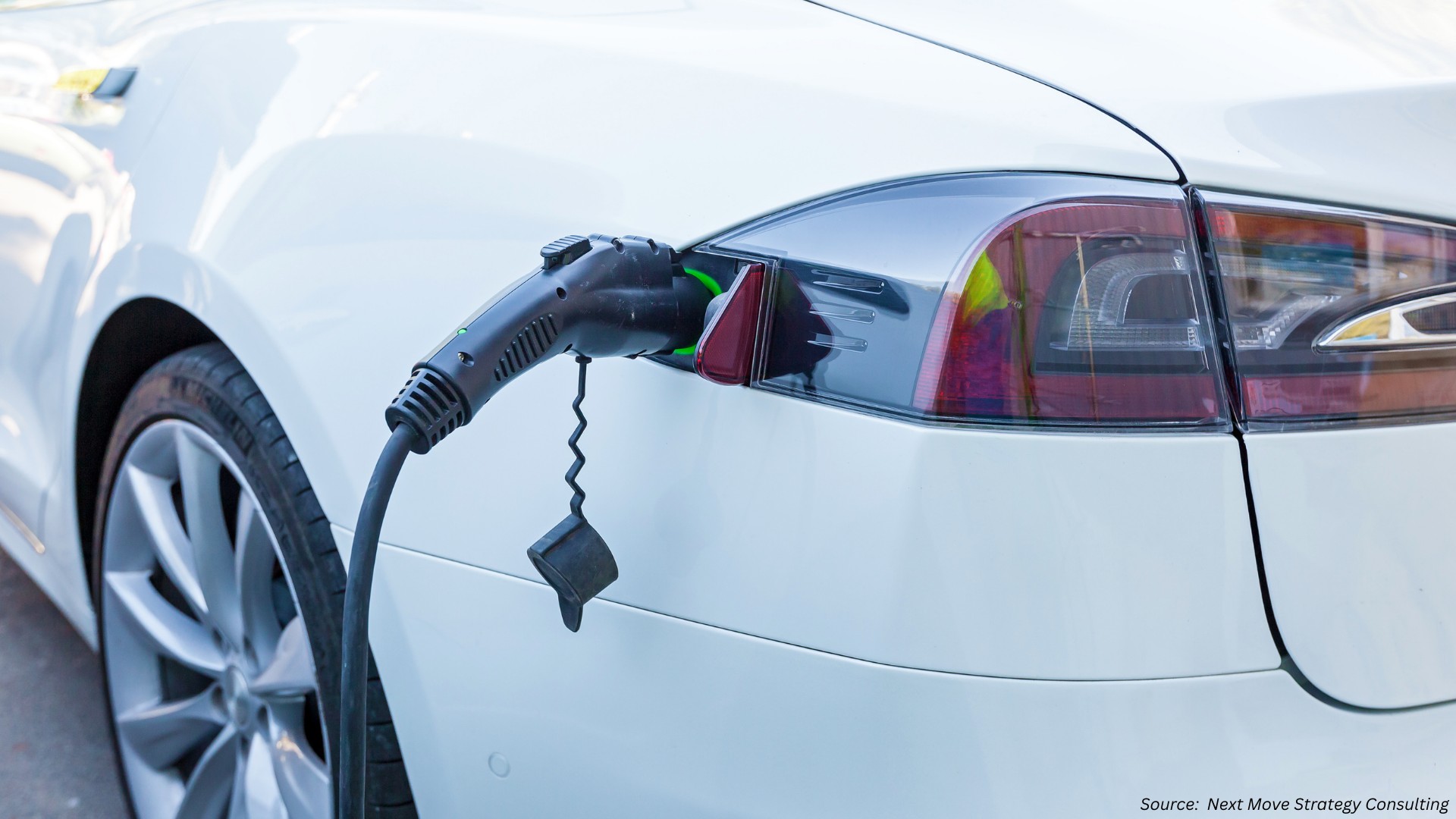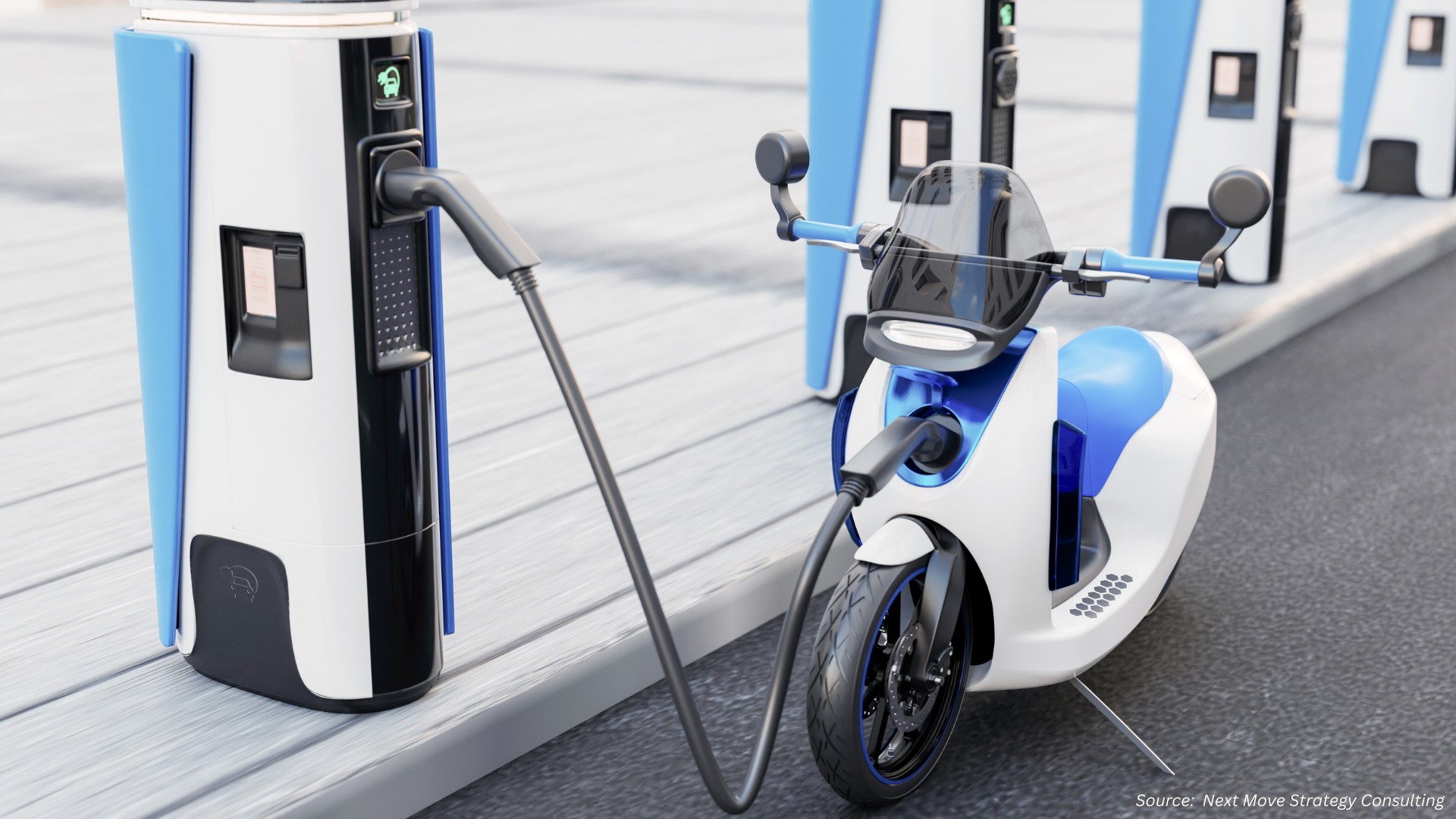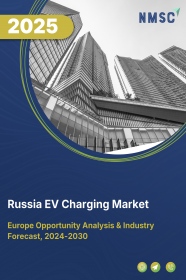
Russia Electric Vehicle (EV) Charging Market by Type (Of Charger, Ac Chargers, Dc Chargers (22 Kw To 350 Kw)), by Charging Speed, (Level 1, Level 2, Level 3), By Connector Type, (Type 1, Type 2, Ccs, Chademo, Others), by Installation, (Fixed, Portable), by End User, (Commercial, Residential) – Opportunity Analysis and Industry Forecast 2023–2030
Industry: Automotive & Transportation | Publish Date: 23-Oct-2025 | No of Pages: 103 | No. of Tables: 112 | No. of Figures: 77 | Format: PDF | Report Code : AT864
Market Definition
Russia Electric Vehicle (EV) Charging Market was valued at USD 167.86 million in 2022, and is predicted to reach USD 1443.3 million by 2030, with a CAGR of 31.6% from 2023 to 2030. Electric vehicle chargers are characterized by the rate at which they deliver energy to the vehicle's battery. They serve as a vital infrastructure connecting plug-in electric vehicles to electrical outlets for the purpose of recharging the vehicle's battery. These chargers facilitate the charging process by supplying the necessary electrical energy to the EV's battery.
Charging stations are compatible with electric vehicles, neighborhood electric vehicles (NEVs), and plug-in hybrids, allowing them to connect to an electrical source for charging. Some charging stations come equipped with advanced functionalities such as smart meters, cellular connectivity, and network access.
The charging of EVs can be carried out through several levels of charging such as level 1, level 2, and level 3. The higher the level of charging, the faster the charging process causing more power to be delivered to the vehicle. The use of electric vehicles significantly reduces the carbon footprints released into the atmosphere, which contain toxic gas. The growing threat of carbon emissions and other harmful gases stemming from transportation has triggered the vital necessity of adopting electric vehicles.
In addition, the penetration of EV charging is high in commercial spaces as compared to residential ones. Long-distance trips would benefit from ultra-fast charging capabilities made possible by public charging infrastructure. However, EV chargers for residential spaces offer significant growth potential as they are affordable and more convenient for charging electric vehicles as compared to commercial charging stations.
Government Initiatives in Russia Drive Growth of Ev Charging Infrastructure, Strengthening The Automotive Sector
Government-backed programs in Russia are significantly advancing the development of EV charging infrastructure, aligning with national goals to modernize the automotive industry. Policies supporting local EV manufacturing are also stimulating demand for accessible and efficient charging networks, helping to transition the transportation sector toward cleaner alternatives.
This strategic alignment is enabling growth across both vehicle production and the supporting infrastructure landscape. As the government prioritizes electrification targets, the expansion of nationwide charging services will be critical in building a robust, future-ready EV ecosystem across urban and regional Russia.
Autonomous Mobility Fuels E-mobility Expansion in Russia
The integration of autonomous driving technologies into Russia's transportation sector is supporting the expansion of electric mobility services. These innovations are reshaping urban mobility by enhancing convenience, reducing reliance on fossil fuels, and promoting the adoption of fully electric transportation solutions.
As autonomous systems gain wider adoption, they are creating increased demand for advanced charging infrastructure tailored to emerging mobility formats. This shift is reinforcing the development of smart, connected charging stations and supporting the evolution of Russia’s e-mobility landscape.
High Setup Costs of Fast Chargers Limit Russia's EV Charging Market Growth
The high capital investment required to install fast-charging infrastructure presents a key challenge to the growth of the EV charging market in Russia. Level 3 and ultra-fast chargers, while essential for reducing charging time, are associated with significant installation and operational costs that can limit deployment rates.
This financial barrier affects both public and private sector expansion efforts, slowing the pace at which fast-charging networks can be scaled nationwide. Addressing these cost concerns is essential to ensuring widespread access and supporting the broader adoption of EVs across Russia.
Vehicle-to-grid (V2G) Technology Unlocks Growth Opportunities in Russia’s EV Charging Market
V2G technology offers a transformative opportunity for Russia’s EV charging market by enabling vehicles to function as both energy consumers and providers. This bidirectional energy flow helps balance grid demand, increases system resilience, and enhances the overall value proposition of EV ownership.
As the energy and mobility sectors in Russia converge, the potential for V2G integration becomes more evident. Though still emerging, this innovation presents opportunities for infrastructure providers and technology developers to establish a more flexible and efficient energy ecosystem centered around electric mobility.
Competitive Landscape
The Russia Electric Vehicle (EV) Charging industry includes Tesla, Kempower, Delta, Siemens, ABB (Terra), Wall Box, Hitachi, Rewatt, Shahghai MIDA EV Power, Iocharger (Xiamen Galaxy Camphol Technology CO), and Others.
Russia Electric Vehicle (EV) Charging Market Key Segments
By Type Of Charger
-
AC Chargers
-
Mode 1 (2.3 kW)
-
Mode 2 (2.3 kW)
-
Mode 3 (3.7 kW to 22 kW)
-
-
DC Chargers (22 kW to 350 kW)
By Charging Speed
-
Level 1
-
Level 2
-
Level 3
By Connector Type
-
Type 1
-
Type 2
-
CCS
-
CHAdeMO
-
Others
By Installation
-
Fixed
-
Portable
By End User
-
Commercial
-
Commercial Public EV Charging Stations
-
Highway Charging Stations
-
Fleet Charging Stations
-
Workplace Charging Stations
-
-
Commercial Private EV Charging Stations
-
-
Residential
-
Private Homes
-
Apartments
-
Key Players
-
Tesla
-
Kempower
-
Delta
-
Siemens
-
ABB (Terra)
-
Wall Box
-
Hitachi
-
Rewatt
-
Shahghai MIDA EV Power
-
Iocharger (Xiamen Galaxy Camphol Technology CO)
Report Scope and Segmentation
|
|
|
Market Size in 2022 |
USD 167.86 Million |
|
Market Volume in 2022 |
13 Thousand Units |
|
Revenue Forecast in 2030 |
USD 1443.3 Million |
|
Growth Rate |
CAGR of 31.6% from 2023 to 2030 |
|
Analysis Period |
2022–2030 |
|
Base Year Considered |
2022 |
|
Forecast Period |
2023–2030 |
|
Market Size Estimation |
Million (USD) |
|
Growth Factors |
|
|
Companies Profiled |
10 |
|
Market Share |
Available for 10 companies |
|
Customization Scope |
Free customization (equivalent up to 80 working hours of analysts) after purchase. Addition or alteration to country, regional, and segment scope. |
|
Pricing and Purchase Options |
Avail customized purchase options to meet your exact research needs. |

















 Speak to Our Analyst
Speak to Our Analyst




